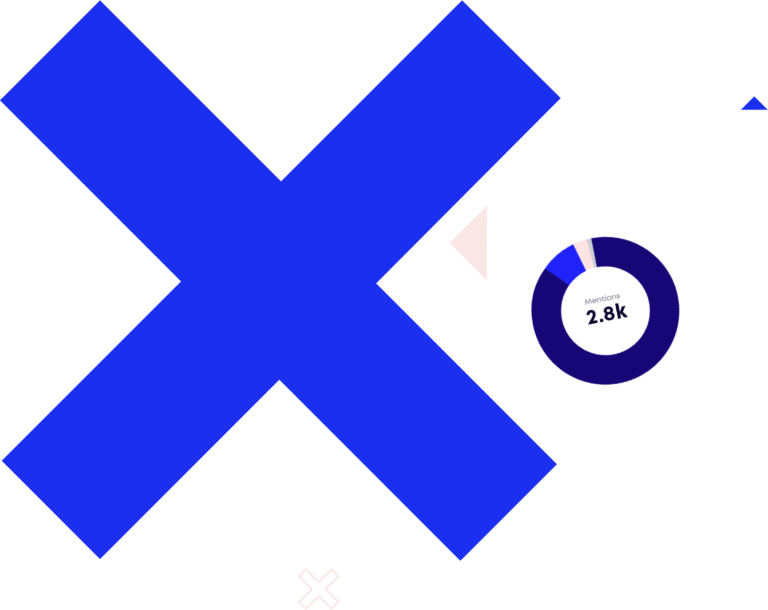Comparison is the “death” of joy.
I recently (mis)quoted this to a friend who was feeling uncertain about her child’s graduation party after attending her neighbor’s extravagant event. (The actual quote, as attributed to Theodore Roosevelt is, “Comparison is the thief of joy,” but, whether stolen or dead, joy is in question.) In spite of having planned a beautiful, catered party for 60 guests, she worried her own party would be inadequate by comparison.
Many studies and books highlight how we create comparisons and stories that distort reality and nurture and defend our opinions and beliefs. (A great example is “Mistakes Were Made (but Not by me)” by Varol Tavris and Elliot Aronson for illuminating insights on how we defend and justify our decisions.) While I’m not an academic expert on the mental mechanisms or evolutionary impulses that may explain our behaviors as well as others are able to, I find it helpful to remember that human beings are social and emotional beings. We are driven by evolutionary benefits to belong to a social group — in some form. And, when we respond to our environment, it is from a place of emotion – sometimes we may later intellectualize those responses, but, it starts from our feelings.
As social creatures, comparisons are helpful to better understand the world around us. It helps us determine where and how we “fit” and “belong” – or how we don’t. Observations from these comparisons might bring us joy, or, quell it. Do we long to be unique but find we’re just like everyone else? Death of joy. Do we want to feel assimilated, but, worry we’re too different to belong? Death of joy. (Pro tip: If you haven’t realized it already, we’re ALL too weird, AND we ALL belong, and, probably, assimilation is overrated.)
So, what does this have to do with Ones & Heroes? In a world of data and analytics, we live in comparison state. Comparing where we are as a business or progress on a project plan, to where we want to go can provide clarity, inform decisions, and guide course corrections. Using data to make these comparisons reduces subjective emotional influence. But, we also acknowledge that decisions are never devoid of emotion. That’s why we integrate data storytelling to bring context, insights, and, yes, comparison. We believe in the joy an insightful comparison can generate and the reassurance a strong data story can provide.
In a world where things are changing at such rapid rates, comparing historical data points is insufficient for predicting future outcomes. Historical trends can provide guidance around things like seasonality, but, more complex data models with variable inputs for future-forward assumptions are necessary for teams to be data-empowered in their decision making. Knowing what data sets to include in a model can sometimes feel overwhelming, but, this is where tools and technology can remove the guesswork. Of course, with any predictive tool, we use comparisons of expected outcomes to actual results to refine and optimize our models.
By embracing comparisons, perhaps it is more that there is an ongoing cycle of “death” of what was, in order to make way for what is to come. Maybe it’s more accurate to say comparison is the birth of expectations. We compare to set or create expectations around outcomes — how something will transpire, and, ultimately, how we’ll feel about it.
I hope all the upcoming graduation parties exceed expectations!



